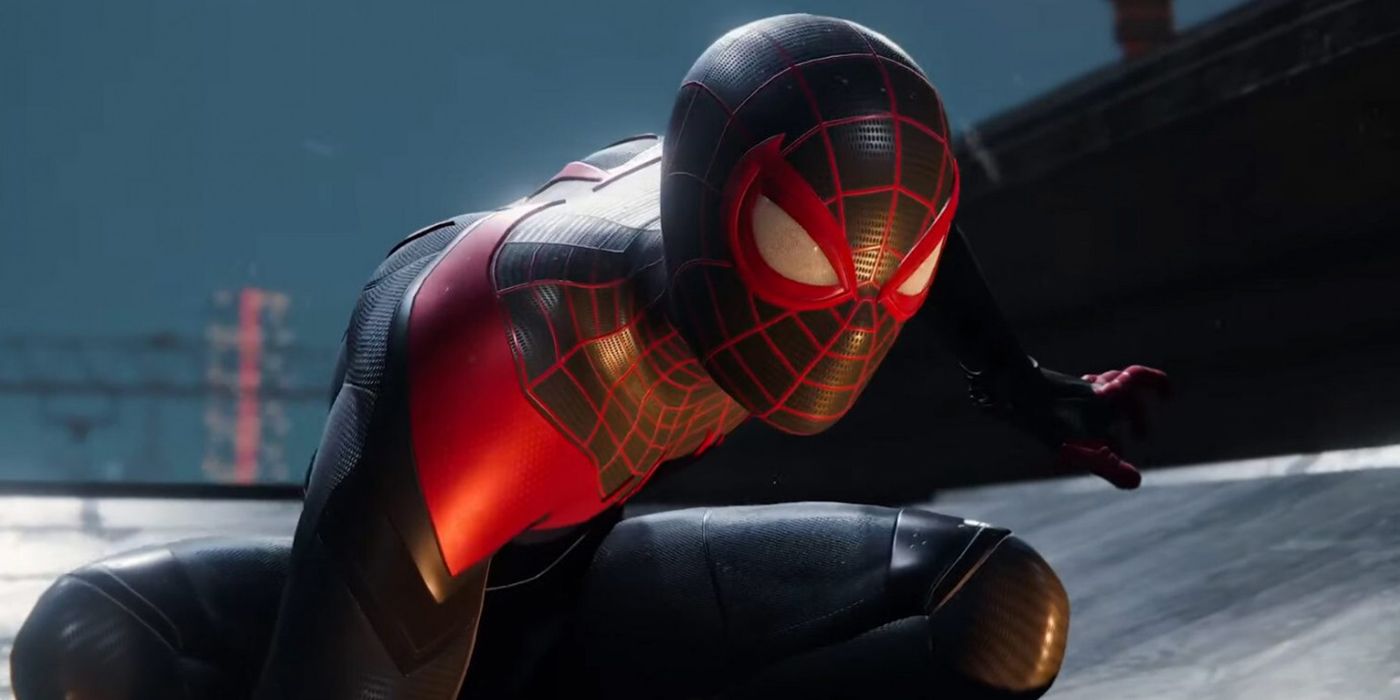What the PlayStation 5 lacked at launch in terms of truly exclusive content, it made up for with excellent cross-generational releases. One of those titles, Spider-Man: Miles Morales, was not only arguably the best launch day title, but one of the year's best games. It offered a compelling storyline and nuanced gameplay that iterated upon Spider-Man 2018's excellent foundation. At the same time, it was both a technical powerhouse on PlayStation 5, and an amicably performing open-world experience on PlayStation 4. Through any lens on any platform, Spider-Man: Miles Morales was an excellent experience.
Unfortunately, the game sold relatively softly -- not that it should be a major point of concern for fans. According to SuperData, Spider-Man: Miles Morales sold a bit over 600,000 copies across its two platforms during the launch period -- a number that doesn't stack up to the figure for 2018's Spider-Man. However, Miles Morales was saddled with a number of caveats that the prior title wasn't. While the context around Miles Morales doesn't make the title's weaker sales less notable, it does illustrate why the sales fall off may have occurred.
The Context for Miles Morales' Release
For starters, Miles Morales got caught up in a wave of PlayStation 5 chatter that dominated conversation. The console's preorder chaos, limited stock and meteoric initial sales not only captured headlines, but also capped Miles Morales' sales potential. The game truly thrives on PlayStation 5, but not many players were able to get their hands on the machine. While it was available on PlayStation 4, the incentive to purchase it there was lessened. On top of that, November was an incredibly busy month for new game releases across every platform, and Miles Morales was perceived as lower-priority. Without the draw of Miles Morales being a next-gen showcase, last-gen players focused on other experiences.
After all, for as great as the game is, it was hit with a lower price tag and mixed messaging that trapped it somewhere between DLC and standalone side story, both in the eyes of the marketing campaign and player base. In some respects, it's a fair point. The game is demonstrably shorter than Spider-Man, and it reuses a lot of that game's foundation. As such, the release lacked the urgency and scope that a full Spider-Man 2 would have carried.
The Franchise's Future
However, that distracts from everything that Miles Morales does so well. Behind a foggy marketing campaign is a truly exceptional and tightly assembled open-world action title. Miles Morales is so promising that its storyline and gameplay systems beg to be doubled down on in the inevitable follow up, with some hoping for a full sequel focusing on Miles rather than returning to Peter Parker.
As such, there isn't much reason to be concerned about the franchise's health in light of these weaker numbers. In the context of the game's release, they're understandable, albeit unfortunate. However, the silver lining is that, as SupderData notes, the game did sell far better than Uncharted: The Lost Legacy. Like Miles Morales, The Lost Legacy was a pseudo-DLC, standalone side story that couldn't come close toUncharted 4 in sales-terms even though the game was just as good as Nathan Drake's PS4 outing.
So, when comparing PlayStation exclusives of a similar caliber, the sales figures look better. When the proper Spider-Man sequel does emerge on PlayStation 5, it's likely that title will perform on the same scale that the 2018 title did. Hopefully, that game can marry the sales success of the original with the creative mastery of Miles Morales.



